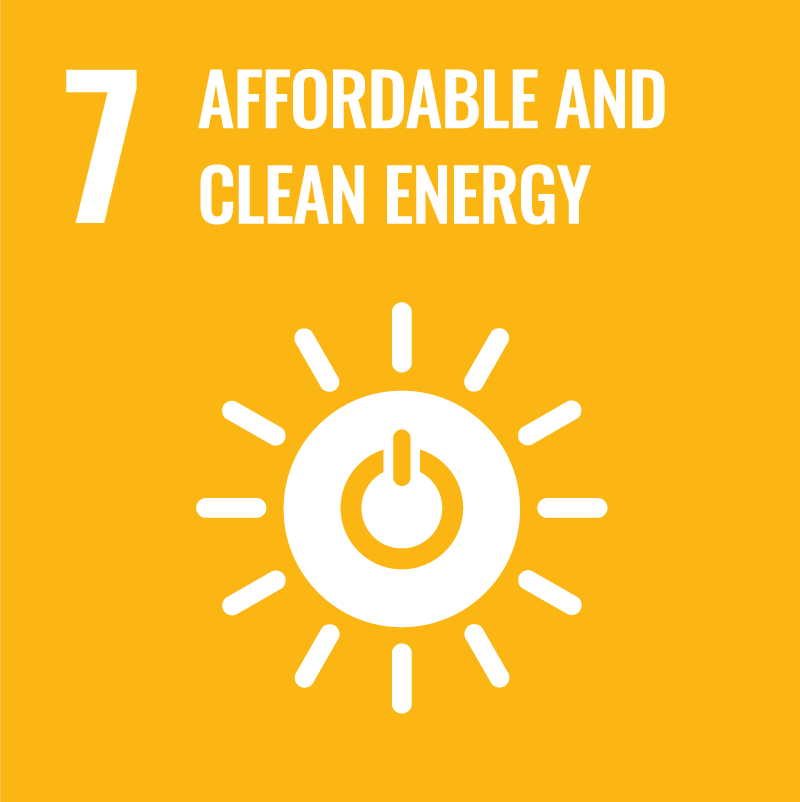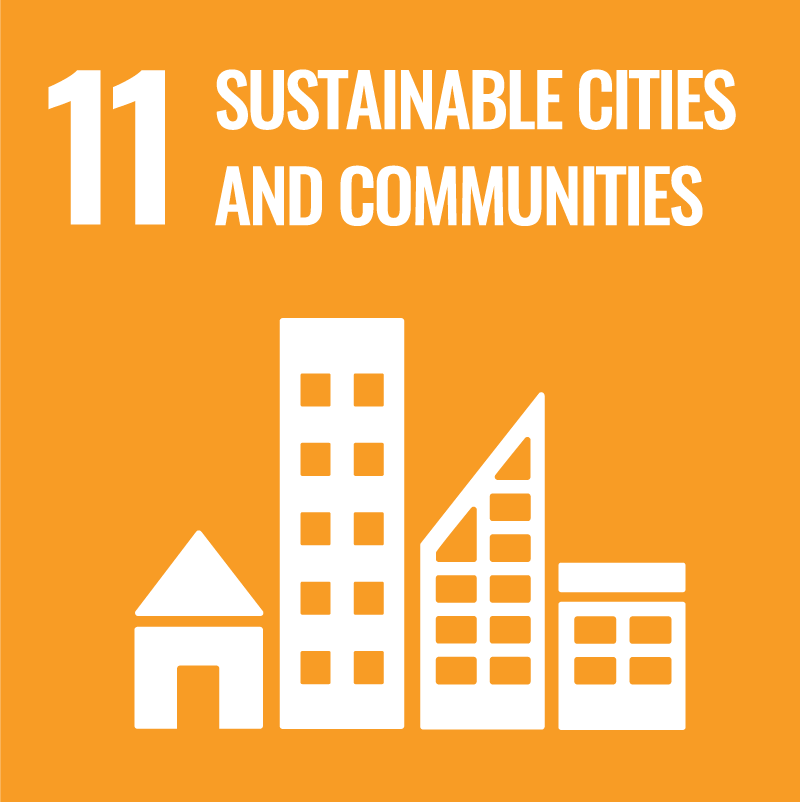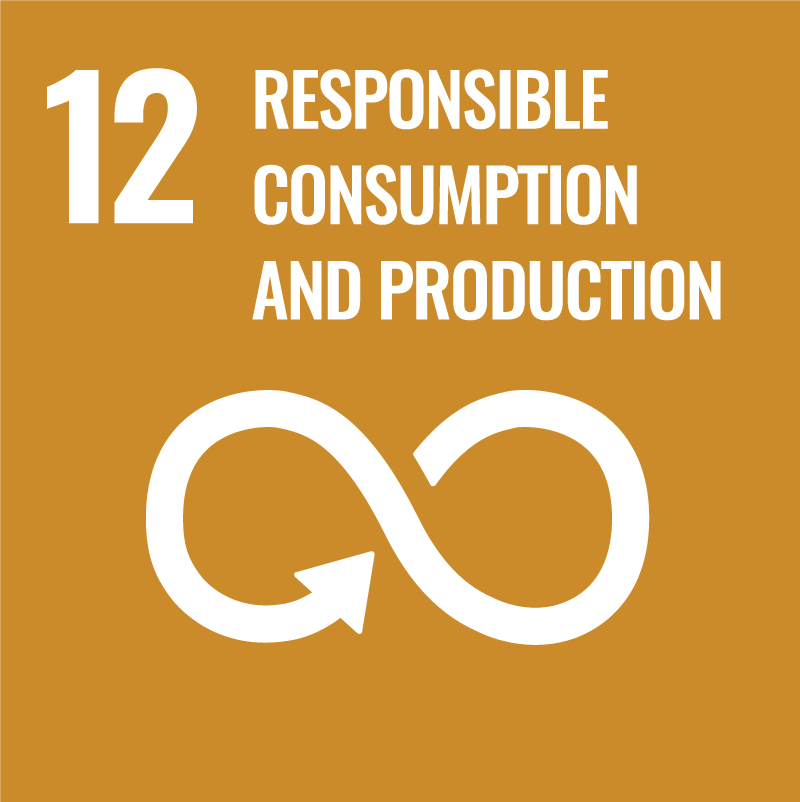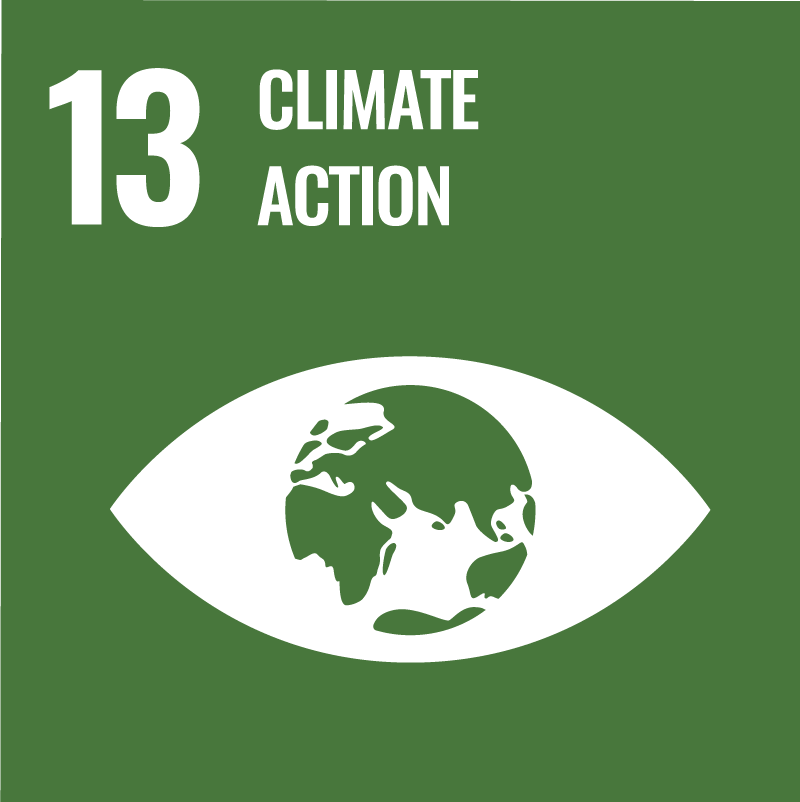Living Laboratory
LL3 : Sustainable Energy Management
Sustainable and Resilient Energy Management Program (SREMP) – Universiti Teknologi Malaysia.
Sustainable energy management practices have become a culture within UTM campus. Table 1 shows the reducing trend of UTM electricity from 2018 to 2022. Taking 2018 as the baseline, under UTM Smart and Resilient Energy Management Programme (SREMP), several energy-saving initiatives have been implemented and it has successfully reduced the electricity consumption (kWh) by 29% in 2020 and 40% in 2021 during the Covid-19 pandemic crisis. Continuous reduction of 25% in 2022 after the MCO period ended where the teaching and learning sessions in the campus returned to normal.
| Year | kWh | % saving (kWh) | RM | % saving (RM) |
| 2018 | 51,489,257 | – | 20,370,593 | – |
| 2019 | 51,056,866 | -1% | 20,662,462 | 1% |
| 2020 | 36,720,792 | -29% | 14,474,360 | -29% |
| 2021 | 30,658,388 | -40% | 11,181,887 | -45% |
| 2022 | 38,635,053 | -25% | 16,088,002 | -21% |
| 2023 | 43,924,709 | -14% | 21,019,648 | 1.70% |
Table 1: Energy Saving 2019-2023
Implementation of SREMP Initiatives: –
- Implementation of enVision 2022 – 2025 initiative projects.
- Implementation of appropriate measures to reduce energy consumption through change of behavior, improved housekeeping practices, maintenance, operation and purchasing for new and existing buildings or equipment.
- Set a minimum 4-star rating requirement for each purchase of electrical equipment within UTM’s procurement procedure.
- New upgrading, renovation and maintenance works shall comply with MS1525.
- Develop an integrated billing system for utility (energy and water)

Energy Wastage Identification
UTM Smart and Resilient Energy Management Programme (SREMP) shows continuous electricity reductions and exceeds UTM annual targeted energy reduction of 20%. BEI (Building Energy Intensity) reduction of 14% in the year 2023 when compared to 2019.
The graphs highlights UTM’s efforts to reduce electricity consumption and improve energy efficiency, as reflected by the improved Energy Efficiency Index (EEI) from 47.7 kWh/m² in 2019 to 41.1 kWh/m² in 2023. However, rising costs, due to increased tariffs, have offset some of the savings achieved through reduced consumption.

Energy Efficiency Index
Table 2 shows continuous reduction of 14% on the energy index (BEI) compared to baseline year 2019.
| Year | kWh | BEI | Reduction of BEI to Baseline (%) |
| 2019 | 51,056,866 | 47.8 | – |
| 2020 | 36,720,792 | 34.3 | -28.20% |
| 2021 | 30,658,388 | 28.7 | -40.00% |
| 2022 | 38,635,053 | 36.1 | -24.40% |
| 2023 | 43,924,709 | 41.1 | -14.00% |
Table 2. Reduction of BEI 2019-2023
In 2023, Universiti Teknologi Malaysia (UTM) continued its commitment to energy savings and carbon emission reduction, as reflected in the data and initiatives outlined below:
Energy Savings in 2023
The graph provided shows UTM’s energy savings over the years from 2018 to 2023. In 2023:
- Energy Savings (kWh): UTM saved approximately 4.5 million kWh of electricity, a significant recovery from the dip in energy savings observed in 2021. This increase demonstrates UTM’s enhanced efforts in energy efficiency and conservation.
- Energy Savings (RM): The financial savings associated with reduced energy consumption also increased in 2023, reaching around 2.5 million RM. This is a notable improvement compared to previous years, indicating both environmental and economic benefits from UTM’s energy-saving measures.
Carbon Emission Offset in 2023
In addition to energy savings, UTM made substantial progress in reducing its carbon footprint. According to the redemption statement from Tenaga Nasional Berhad (TNBX), UTM redeemed 43,924.709 MWh of electricity generated from renewable sources through I-REC certificates. This redemption resulted in an offset of approximately 33,294.929 tonnes of CO2 emissions from purchased electricity for the year 2023.
Key Initiatives Contributing to Energy Savings and Carbon Reduction
- Renewable Energy Usage: UTM’s subscription to renewable energy blocks through the Green Electricity Tariff has been instrumental in reducing its reliance on non-renewable energy sources.
- Solar Energy Projects: The installation of solar panels on campus has contributed to both energy savings and carbon emission reductions.
- Energy Efficiency Programs: UTM has implemented various energy efficiency programs, including improvements in building management systems, optimization of air conditioning usage, and installation of energy-efficient lighting systems.
Conclusion
In 2023, UTM demonstrated significant progress in both energy savings and carbon emission reduction, reaffirming its position as a leader in sustainability among educational institutions. The university’s proactive approach to adopting renewable energy sources and implementing energy conservation measures has resulted in tangible environmental and financial benefits.




Get In Touch
Let’s Work Together!
sustainability@utm.my
Phone
(+607) 553 3152 / 33151 / 33155
Fax
(+607) 553 3149
Address
Block M38, Universiti Teknologi Malaysia,
UTM Johor Bahru, Johor
